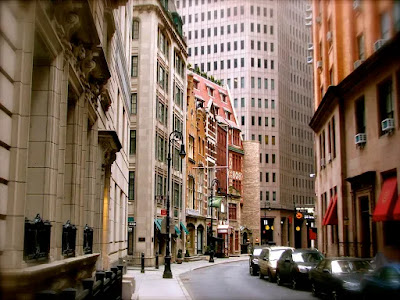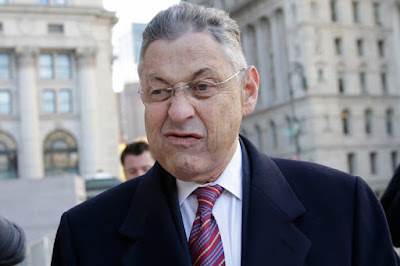A Brief history of New York - A City Called Big Apple
New York is a vibrant and diverse metropolis that stands as an iconic symbol of America's progress and resilience. Its history is a captivating tale of exploration, settlement, cultural fusion, economic prowess, and social transformation. From the indigenous tribes who first inhabited the region to the modern-day bustling city, New York's journey is a remarkable testament to human ambition and perseverance.
Long before European explorers arrived, the area we now know as New York was inhabited by various Native American tribes, including the Lenape, Mohawk, Iroquois, and Algonquian peoples. They thrived on the fertile lands, establishing trade networks and fostering cultural traditions that shaped their way of life.
In 1524, the Italian explorer Giovanni da Verrazzano was the first European to reach the shores of New York. However, it was the Dutch who established the first permanent European settlement in the region in 1624. They called it New Amsterdam, which later became New York City when the English captured the territory in 1664 during the Second Anglo-Dutch War. The English renamed it in honor of the Duke of York and Albany, who later became King James II of England.
During the colonial era, New York thrived as a vital trading hub due to its strategic location and natural harbor. The city became a melting pot of cultures, attracting immigrants from various European countries, including the Dutch, English, French, and Germans. This diversity laid the foundation for New York's cosmopolitan identity.
The 18th century brought significant political and social changes to the colonies, including New York. The Stamp Act of 1765 and subsequent taxes imposed by the British Crown led to growing discontent among the colonists. New York played a crucial role in the fight for independence. The signing of the Declaration of Independence in 1776 was a pivotal moment in the city's history, firmly cementing its commitment to the American cause.
The 19th century saw New York grow exponentially, both in population and economic significance. The completion of the Erie Canal in 1825 connected the Hudson River to the Great Lakes, providing a crucial trade route between the eastern seaboard and the interior of the continent. This canal significantly boosted commerce and solidified New York City's status as the nation's premier port.
In the mid-1800s, millions of immigrants arrived in New York, seeking better opportunities in the "land of the free." Ellis Island, established in 1892, became the gateway for over 12 million immigrants, transforming New York into a true melting pot of cultures.
The Gilded Age of the late 19th and early 20th centuries marked a period of unprecedented economic growth, industrialization, and urban development in New York City. Skyscrapers like the Flatiron Building and the Woolworth Building showcased architectural ingenuity and innovation, while industrial tycoons such as Andrew Carnegie and John D. Rockefeller amassed immense wealth.
The 1920s brought a wave of cultural and social changes, epitomized by the Jazz Age. New York City's Harlem neighborhood became the epicenter of the Harlem Renaissance, a flourishing of African American art, music, and literature. Prohibition led to the rise of speakeasies and an underground culture of rebellion and social experimentation.
The Great Depression of the 1930s hit New York hard, causing widespread unemployment and poverty. However, visionary leaders like Franklin D. Roosevelt, a native New Yorker, implemented ambitious New Deal programs that provided relief and infrastructure projects, ultimately contributing to the city's recovery. In the latter half of the 20th century, New York faced numerous challenges, including economic downturns, crime rates, and racial tensions. Nevertheless, the city's indomitable spirit prevailed, and it emerged as a global hub for finance, commerce, culture, and entertainment.
The history of New York is an awe-inspiring saga of exploration, diversity, resilience, and progress. From its Native American roots and European colonization to its rise as a thriving metropolis, New York City has been at the forefront of shaping American culture and identity. As it continues to evolve in the 21st century, its rich history will forever be ingrained in the tapestry of this remarkable city.
Related Posts:
1. OBAMACARE: CUOMO, CHRISTIE & YOU
2. WHICH U.S. CITIES HAVE KIDS? - JOEL KOTKIN, NEW GEOGRAPHY
4. THE AMERICAN REVOLUTION 1778-1783
5. WHAT ARE THE TOP TEN MBA SCHOOLS IN THE WORLD
Other Related Posts:
2. U.S. UNVEILS NEW PROGRAMS TO EASE CREDIT
3. BARACK OBAMA VOWS TO SPEND HIS WAY OUT OF CRISIS WITH $700BN PLAN
4. CAN UNITED STATES OF AMERICA CHANGE IT’S COURSE & THE WAY IT TREATS THE WORLD?







Comments
Post a Comment